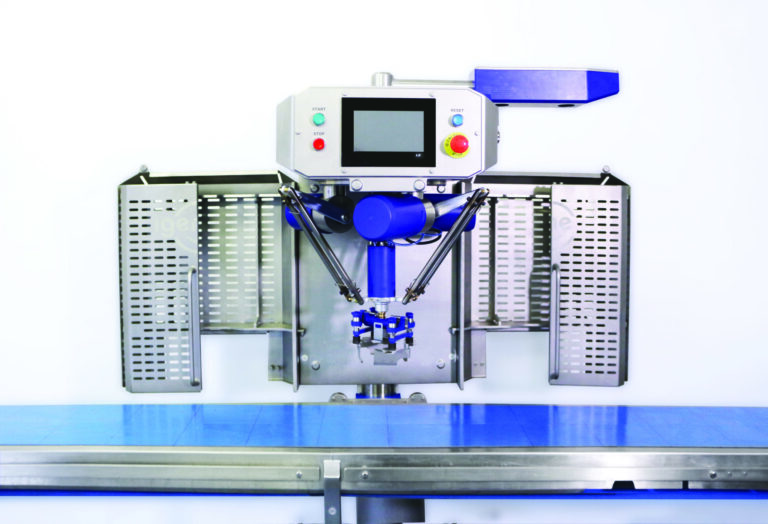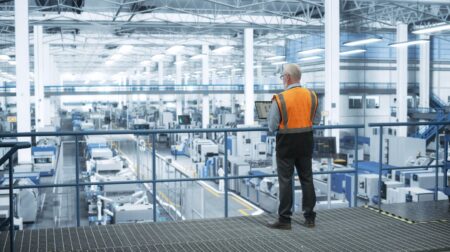Loughborough University computer scientists have partnered with a food production automation company on a project that aims to teach AI-enabled robots how to differentiate between food items so they can make sandwiches in real-world environments.
Project lead Dr Baihua Li, said he hopes the research with Millitec Food Systems will “empower a range of new automation functions on food production conveyors and pipelines”.
Food manufacturing is the largest manufacturing industry within Europe, however the industry faces major problems with labour supply due to increased costs and a shortage of workers willing to undertake less-skilled roles.
The academics will create the algorithms using deep learning to teach a machine how to carry out tasks automatically without explicit human instructions.
This involves collecting thousands of images and getting a computer system to analyse them, so it learns what different items look like.
As well as being taught how to identify food items, the Millitec robots will be trained to spot and deal with errors on production conveyors, such as missing ingredients or items in the wrong position.
The developed technology will be deployed as an embedded system on Millitec’s existing automation machines, meaning pre-packed sandwiches purchased from outlets such as petrol stations in the near future could have been made from start to finish by robots.
Li said: “Industry presents new challenges to our research and this project will deal with various challenges in real-world factory conditions and meet the commercial requirements in accuracy, safety and speed.
“The developed robust vision algorithms and camera-based sensing system will also reduce the system manufacturing cost.
“We will transfer the latest advances of our research in machine vision, deep learning and robotics to drive innovation for high care food manufacturing.
“Successful development and commercialisation of the robotics system will significantly reduce the human workforce and improve production quality and efficiency, allowing employees to focus on higher-value activities.”









